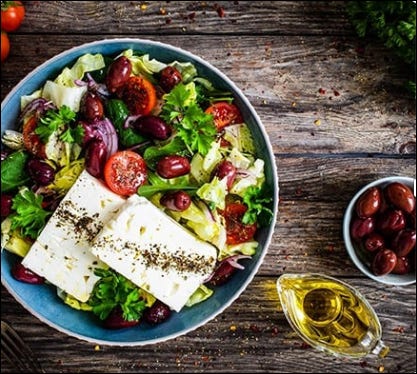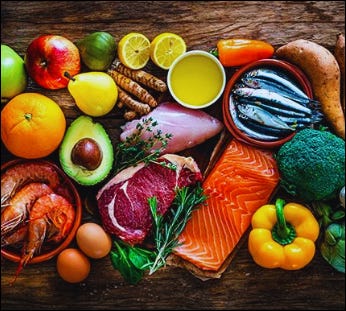The Intriguing Relationship Between Mental Health and Food Choices
A Newsletter about how good and bad choices of food affects your mental health.
In the realm of food choices, have you ever noticed how your mental state often dictates what ends up on your plate? It's a fascinating phenomenon where our emotions seem to wield influence over our taste buds, steering us towards certain foods based on how we feel rather than simply what tastes good. Let's delve deeper into this captivating connection.
Picture this: You're stressed, anxious, or perhaps just feeling down. What do you reach for? More often than not, it's the allure of junk food that beckons—those sugary snacks, greasy indulgences, or comforting carbs. These instant gratifications act as quick-fix dopamine triggers, momentarily soothing our troubled minds. But herein lies the catch. While they provide fleeting pleasure, they can lead to a downward spiral in the long run, potentially exacerbating feelings of depression and further impacting mental health.
Numerous studies have highlighted the correlation between poor dietary habits and elevated depressive symptoms. However, there's hope. Consider a study where young adults with unhealthy diets made a conscious shift towards healthier eating under the guidance of a qualified dietitian. The results were striking—those who embraced nutritious alternatives experienced a noticeable reduction in depressive symptoms over time. It's a testament to the profound impact of food on our mental well-being.
But it's not just about steering clear of unhealthy choices; it's also about embracing the power of good food. When we're in a positive frame of mind, we naturally gravitate towards lighter, nutrient-rich options. Why? Because we're already content and don't feel the need for an instant mood boost. This reciprocal relationship between food and mood underscores the importance of mindful eating and its role in nurturing our mental health.
So, what constitutes 'good' food?
Two dietary approaches stand out: the Mediterranean diet and the Paleo diet. Both emphasize whole, unprocessed foods rich in essential nutrients. From omega-3 fatty acids in seafood to the vibrant array of fruits and vegetables, these diets offer a holistic approach to nourishment that transcends mere physical health.
Yet, it's essential to recognize that individual preferences may vary. What works wonders for one person might not have the same effect on another. Hence, the key lies in experimentation—listening to your body and discovering which foods fuel your positive mental state.
Lastly, hydration plays a crucial role. Beyond simply guzzling water, opt for hydrating foods that aid digestion and promote overall well-being. By incorporating water-rich foods into your diet, you'll not only quench your thirst but also nourish your mind.
In essence, let's eat with intention, mindful of the profound impact our food choices have on our mental health. Remember, it's not just about pleasing our taste buds; it's about nourishing our bodies and nurturing our souls.




